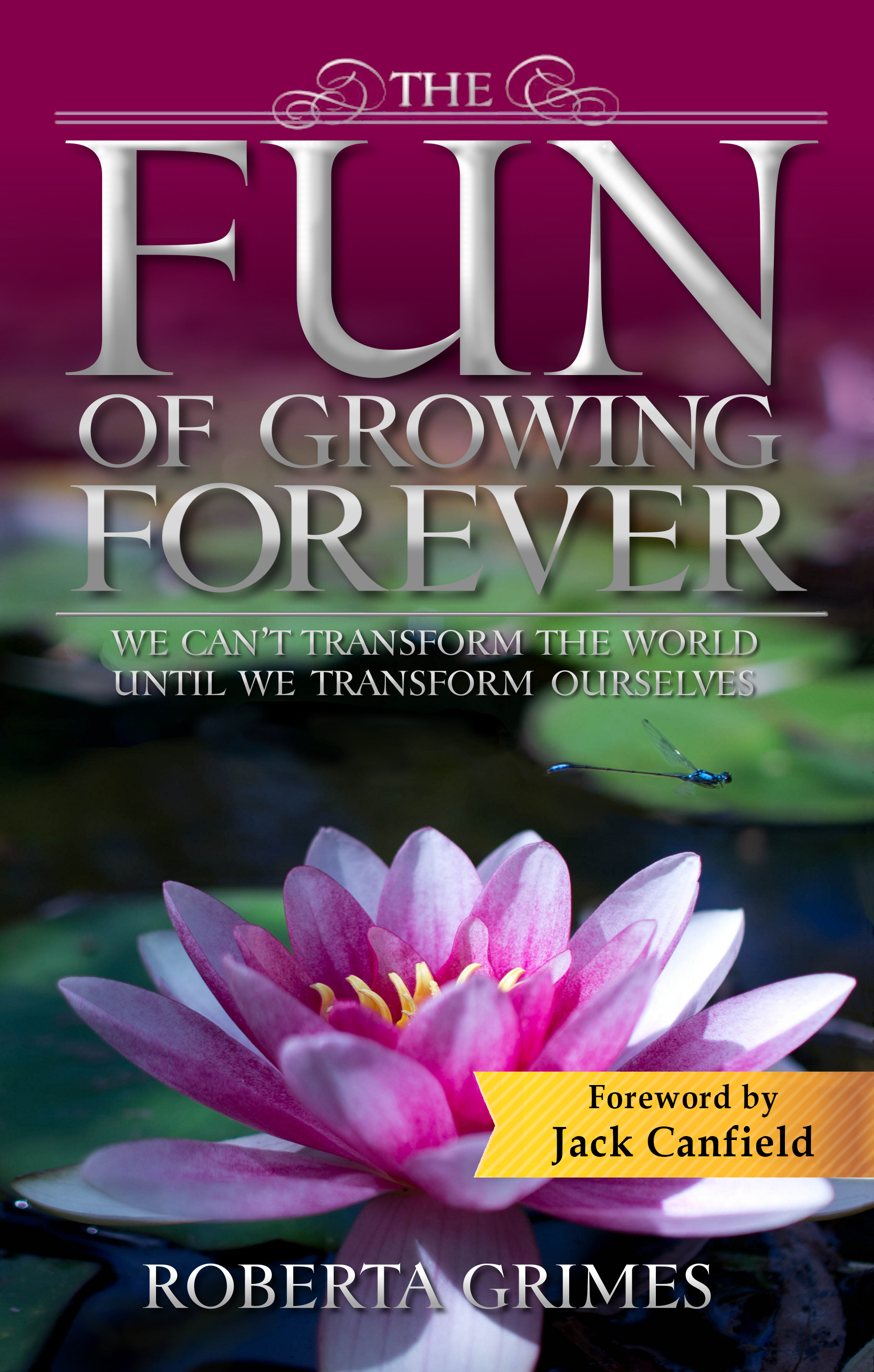 One of the things that is most certain about the afterlife evidence is what it tells us is the reason why we even are alive at all. Why are we here? What is human life for? The very fact that there exists such an exquisite and gloriously planned afterlife for each of the seven billion struggling on earth, and the uncounted billions who already are there, strongly suggests that all our lives on earth must have a pretty spectacular purpose.
One of the things that is most certain about the afterlife evidence is what it tells us is the reason why we even are alive at all. Why are we here? What is human life for? The very fact that there exists such an exquisite and gloriously planned afterlife for each of the seven billion struggling on earth, and the uncounted billions who already are there, strongly suggests that all our lives on earth must have a pretty spectacular purpose.
An overlong but nevertheless enjoyable article in The New York Times of July 18 explores the fact that all the things that most of us strive for cannot make us happy, but instead, from wealth and power and fame right through every pleasure of the flesh, they too often disappoint us. The very title of the article – “Love People, Not Pleasure” – gives away the point toward which it labors: having stuff only tends to make us more miserable, while the true source of happiness is loving others. Or in the pithier words of the eighteenth-century poet, William Blake: “I sought my soul, But my soul I could not see. I sought my God, But my God eluded me. I sought my brother, And I found all three.”
Over and over, the dead who were communicating with us a century ago and the upper-level beings communicating with us now have said that the meaning and purpose of our lives is learning to love one another more perfectly. That’s it! That’s all.
Of course, Jesus told us all of this two thousand years ago. He reduced the Old Testament’s Ten Commandments to just one commandment: that we learn how to love.
“A new command I give you: Love one another. As I have loved you, so you must love one another.” (John 13:34)
“‘Love the Lord your God with all your heart and with all your soul and with all your mind.’ This is the first and greatest commandment. And the second is like it: ‘Love your neighbor as yourself.’ All the Law and the Prophets hang on these two commandments.” (Matthew 22:37-40)
“You have heard that it was said, ‘Love your neighbor and hate your enemy.’ But I tell you: love your enemies and pray for those who persecute you, that you may be sons of your Father in heaven…. Be perfect, therefore, as your heavenly Father is perfect.” (Matthew 5:43-48)
To love perfectly is to be perfect. The whole meaning and purpose of every life on earth is to learn to love one another as we love ourselves, which is something else that Jesus said to us: “Love your neighbor as yourself” (Matthew 22:39). (Note: Jesus didn’t say “Love your neighbor as if he were yourself,” but he pointedly just said “as yourself” – because, as  evidence shows, your neighbor is yourself.)
evidence shows, your neighbor is yourself.)
To be perfect, we must learn to love everyone on earth more perfectly! We must love every curmudgeon, every mass-murderer, and even our far-beyond-despicable ex-spouse. “If you love those who love you, what credit is that to you? Even sinners love those who love them.” (Luke 6:32) The love that we were born to learn is perfect love from our deepest heart for everyone, and even for the most unlovable.As A Course in Miracles tells us, everything that happens in our lives is “either love or a call for love.” So no matter the question, love is always the answer.
The dead tell us that we are here to learn how to love, our dominant religion echoes that wisdom, and experience tells us that love is the root of true happiness. That makes it simple, doesn’t it?

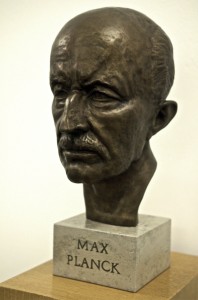 and struck by the possibility that they might be, respectively, the post-death levels of our reality and the base creative force (Mind, Source, or God – your choice). The 95% of the universe that is composed of dark matter and dark energy is called “dark” because it won’t interact with photon-based light. It is demonstrably not material, but that makes it not one bit less real! And, more and more, we are coming to suspect that dark matter and dark energy might in fact be the afterlife levels and the Source. Consider:
and struck by the possibility that they might be, respectively, the post-death levels of our reality and the base creative force (Mind, Source, or God – your choice). The 95% of the universe that is composed of dark matter and dark energy is called “dark” because it won’t interact with photon-based light. It is demonstrably not material, but that makes it not one bit less real! And, more and more, we are coming to suspect that dark matter and dark energy might in fact be the afterlife levels and the Source. Consider: Well, no. It’s the other way around. Dark energy – which is, please recall, some 68% of the universe! – triggered the emergence of both dark matter and this material universe. Outside of time, it continuously holds it all in perfect suspension. But this simple explanation is something that most scientists cannot even consider because science maintains atheism as a fundamental dogma. No mainstream scientist who values his career will come remotely close to finding God.
Well, no. It’s the other way around. Dark energy – which is, please recall, some 68% of the universe! – triggered the emergence of both dark matter and this material universe. Outside of time, it continuously holds it all in perfect suspension. But this simple explanation is something that most scientists cannot even consider because science maintains atheism as a fundamental dogma. No mainstream scientist who values his career will come remotely close to finding God.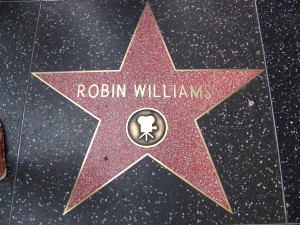 listeners, and I don’t plan to discuss his passing on my own weekly program, Seek Reality. The best news that the afterlife evidence offers to us about suicide is that it is not all bad news.
listeners, and I don’t plan to discuss his passing on my own weekly program, Seek Reality. The best news that the afterlife evidence offers to us about suicide is that it is not all bad news. whatever prayer tradition makes sense to the mourner. If everyone who loves Robin Williams will do that, then I am confident that he is going to be fine.
whatever prayer tradition makes sense to the mourner. If everyone who loves Robin Williams will do that, then I am confident that he is going to be fine.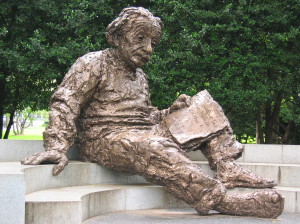 As that universal genius, Albert Einstein, said of the overarching Mind of which each of our minds is a part, “Every one who is seriously involved in the pursuit of science becomes convinced that a spirit is manifest in the laws of the Universe – a spirit vastly superior to that of man, and one in the face of which we with our modest powers must feel humble.”
As that universal genius, Albert Einstein, said of the overarching Mind of which each of our minds is a part, “Every one who is seriously involved in the pursuit of science becomes convinced that a spirit is manifest in the laws of the Universe – a spirit vastly superior to that of man, and one in the face of which we with our modest powers must feel humble.” feel tragic. People who die unexpectedly or out of generational order are likely to distress their loved ones by the very act of dying. Life can hold so much pain! Please know, though, that the afterlife evidence overwhelmingly indicates that:
feel tragic. People who die unexpectedly or out of generational order are likely to distress their loved ones by the very act of dying. Life can hold so much pain! Please know, though, that the afterlife evidence overwhelmingly indicates that: 1) Death is highly individual. It is impossible to generalize about any aspect of the process of dying because each of us handles it differently, and above all we want to be in control. No matter how the death may be affecting you, this is a major event for your loved one, so it is important to let him or her take the lead.
1) Death is highly individual. It is impossible to generalize about any aspect of the process of dying because each of us handles it differently, and above all we want to be in control. No matter how the death may be affecting you, this is a major event for your loved one, so it is important to let him or her take the lead. your own needs.
your own needs. much understanding of the actual death process. You will be relieved to know that the afterlife evidence overwhelmingly suggests that for most of us a well-conducted death can be the best time of our lives. Fortunately, folks who have gone before have thoughtfully shared their own experiences, so it is possible to have a pretty good understanding of what our death will be like. Based on my reading of nearly two hundred years of abundant and consistent communications from the dead, here is a brief summary of how death feels from the perspective of the person living through the experience.
much understanding of the actual death process. You will be relieved to know that the afterlife evidence overwhelmingly suggests that for most of us a well-conducted death can be the best time of our lives. Fortunately, folks who have gone before have thoughtfully shared their own experiences, so it is possible to have a pretty good understanding of what our death will be like. Based on my reading of nearly two hundred years of abundant and consistent communications from the dead, here is a brief summary of how death feels from the perspective of the person living through the experience. body – are going to die now. But there are several energy bodies that we will be taking with us, and the process of separation can take awhile. It begins in our extremities, our hands and our feet, and if we are awake we may feel it happening like tiny threads breaking. Bodily separation doesn’t hurt, nor is it frightening; but it is interesting to be aware of the process. Gradually these surviving energy bodies will gather into our chest area and then will leave, either from the chest or more commonly through the top of the head.
body – are going to die now. But there are several energy bodies that we will be taking with us, and the process of separation can take awhile. It begins in our extremities, our hands and our feet, and if we are awake we may feel it happening like tiny threads breaking. Bodily separation doesn’t hurt, nor is it frightening; but it is interesting to be aware of the process. Gradually these surviving energy bodies will gather into our chest area and then will leave, either from the chest or more commonly through the top of the head. a dead person we feel terrific! We might still worry a bit about the loved ones we are leaving, but we feel ourselves now young and healthy and joyous and wonderfully enveloped in love. Our deathbed visitors are hugging us, feeling as solid as anyone living; our childhood dog might be jumping up on us or happy-dancing at our feet. We turn away from our deathbed with relief and with anticipation of the wonders to come, and we join those who have come for us in together lifting our spiritual vibration and approaching a glorious new world.
a dead person we feel terrific! We might still worry a bit about the loved ones we are leaving, but we feel ourselves now young and healthy and joyous and wonderfully enveloped in love. Our deathbed visitors are hugging us, feeling as solid as anyone living; our childhood dog might be jumping up on us or happy-dancing at our feet. We turn away from our deathbed with relief and with anticipation of the wonders to come, and we join those who have come for us in together lifting our spiritual vibration and approaching a glorious new world.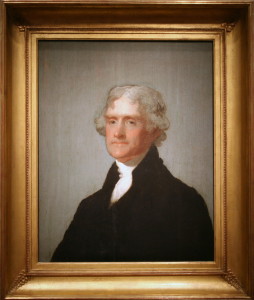 called
called 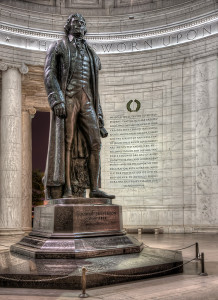 experimenting to see whether whites and free blacks could live in harmony on neighboring farms, but her death ended his interest in experimenting, as it ended his interest in many things.
experimenting to see whether whites and free blacks could live in harmony on neighboring farms, but her death ended his interest in experimenting, as it ended his interest in many things.






